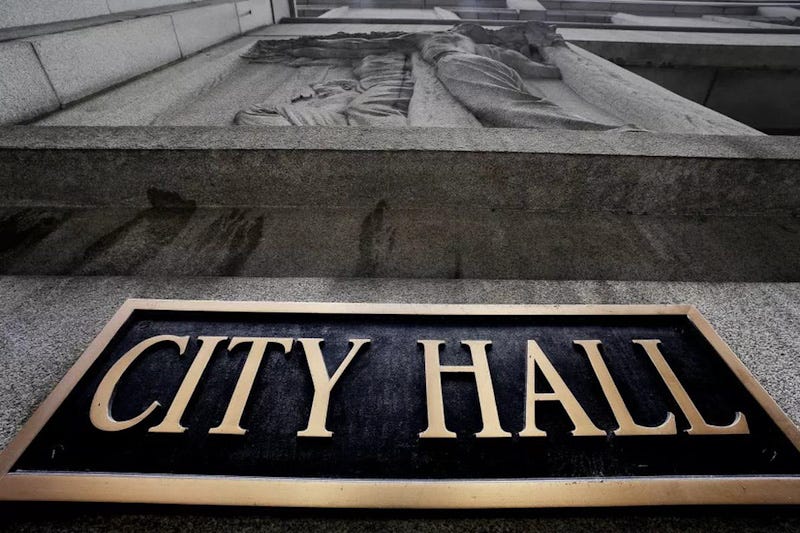"Playground politics" don't draw people to the polls
Many of the candidates have stopped just short of saying "yo mama" to opponents
When we look at the campaigns leading up to the Chicago municipal elections in two weeks, maybe the most disconcerting facet is the number of candidates who prefer to address opponents’ personalities or perceived personal shortcomings rather than focus on issues. Even with nine candidates running for mayor, there isn’t enough talk on policy to fill a 10-page notebook. Unfortunately, it is borne out empirically that the name-calling strategy isn’t appealing to voters.
Voters deserve better than what candidates are providing; and that is the same level of insights voters could get at their local barbershop or beauty shop. To date, the claims of who would be the best mayor are rooted in who is “signifying” the most.
Historically, incumbents rely on accomplishments while in office to energize their re-election bids. Unfortunately in this cycle, because of the vitriol, it is difficult to distinguish the incumbent mayor from the candidate barely old enough to rent a car. In a race that means so much, it sad to see candidates develop a dog pack mentality and attack one in their ranks who has a lot of media exposure, but little real chance of winning. The reality that some of these candidates are without any substantive platform or ideas is undoubtedly at the root of the attacks.
This campaign cycle is the ideal time to explain to voters:
how city government operates or should operate
how ordinances are made and passed (or shot down)
the specific duties of the mayor juxtaposed to the city council members
how the city budget is constructed and exactly what it covers
There are many more basics that the voting public just doesn’t seem to get, and the candidates are capitalizing on that lack of knowledge. The obvious hope is voters will cast their ballot of appearance or school affiliations or home churches - anything but proven capability.





